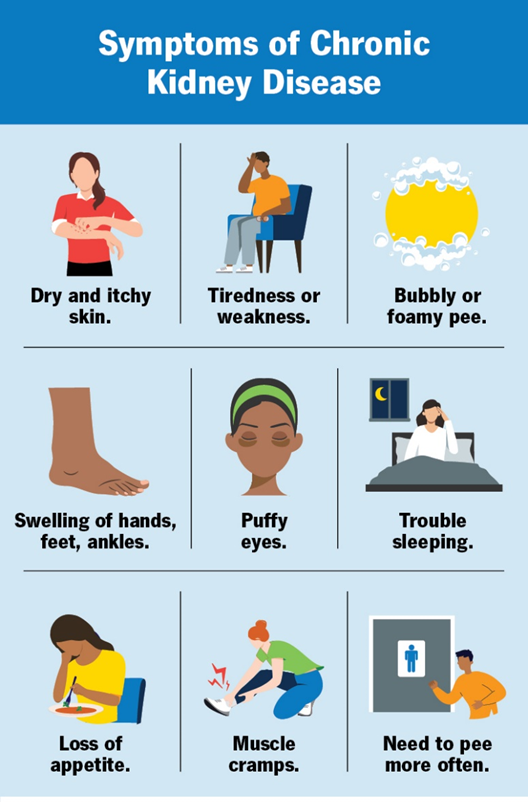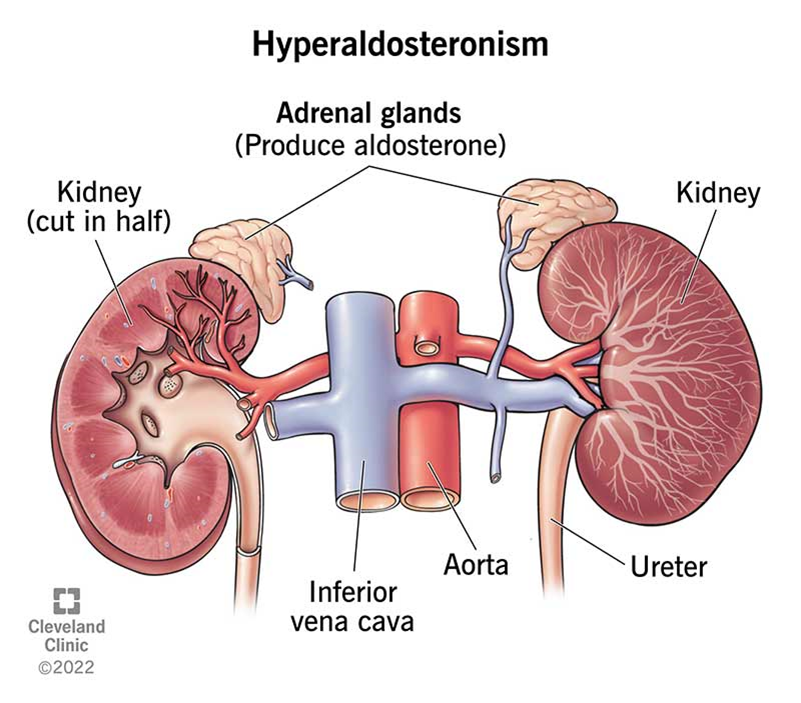Which laboratory value should the nurse review prior to administering the initial dose of a statin medication?
Complete blood count.
Serum electrolytes.
Capillary blood glucose.
Serum liver enzymes.
The Correct Answer is D
Choice A reason: A complete blood count (CBC) is not typically required before starting statin therapy. While a CBC can provide valuable information about a patient’s overall health, it does not specifically relate to the potential side effects or necessary monitoring for statin use. Statins primarily affect the liver, so monitoring liver function is more critical.
Choice B reason: Serum electrolytes are important for assessing overall metabolic and kidney function, but they are not directly related to the initiation of statin therapy. Statins do not typically affect electrolyte levels, so this test is not necessary before starting the medication.
Choice C reason: Capillary blood glucose levels are important for monitoring diabetes and blood sugar control. While statins can have an impact on blood glucose levels, this is not the primary concern when initiating therapy. Monitoring liver function is more directly related to the potential side effects of statins.
Choice D reason: Serum liver enzymes are crucial to review before starting statin therapy. Statins can cause liver enzyme elevations, indicating liver damage or dysfunction. Therefore, baseline liver enzyme levels should be obtained to monitor for any potential hepatotoxicity during treatment.
Nursing Test Bank
Naxlex Comprehensive Predictor Exams
Related Questions
Correct Answer is C
Explanation
Choice A reason:
Calcium acetate is not used to lower potassium levels. Potassium levels in the blood are typically managed through dietary restrictions, medications like potassium binders, and dialysis in patients with CKD. The normal range for blood potassium levels is 3.5 to 5.2 mEq/L for adults.
Choice B reason:
Calcium acetate can increase calcium levels in the blood, not decrease them. It is important to monitor calcium levels to avoid hypercalcemia, which can lead to complications such as vascular calcification and cardiac issues. The normal range for blood calcium levels is 8.6 to 10.2 mg/dL.
Choice C reason:
Calcium acetate is used to lower phosphate levels in patients with CKD. It works by binding to dietary phosphate in the intestines, forming insoluble calcium phosphate that is excreted in the stool. This helps prevent hyperphosphatemia, a common issue in CKD patients. The normal range for blood phosphate levels is 2.5 to 4.5 mg/dL.

Choice D reason:
Calcium acetate does not directly affect blood pH levels. Blood pH is regulated by the kidneys and lungs, and the normal range is 7.35 to 7.45. While CKD can affect acid-base balance, calcium acetate’s primary role is to manage phosphate levels.
Correct Answer is D
Explanation
Choice A Reason:
Spironolactone is a potassium-sparing diuretic often prescribed for heart failure. While monitoring for side effects is important, excessive bruising is not a common side effect of spironolactone. Bruising might be more relevant for patients on anticoagulants or those with clotting disorders.
Choice B Reason:
Replacing salt with a salt substitute is not advisable for patients on spironolactone. Many salt substitutes contain potassium chloride, which can lead to hyperkalemia (high potassium levels) when combined with spironolactone. Hyperkalemia can cause serious cardiac issues, including arrhythmias.
Choice C Reason:
Covering the skin before going outside is not specifically related to the use of spironolactone. This advice might be more relevant for medications that cause photosensitivity, such as certain antibiotics or diuretics like hydrochlorothiazide, but not spironolactone.
Choice D Reason:
Limiting the intake of foods high in potassium is crucial for patients taking spironolactone. Spironolactone can increase potassium levels in the blood, and consuming high-potassium foods (like bananas, oranges, and potatoes) can exacerbate this effect, leading to hyperkalemia. Hyperkalemia can be dangerous and cause symptoms such as muscle weakness, fatigue, and cardiac arrhythmias.

Whether you are a student looking to ace your exams or a practicing nurse seeking to enhance your expertise , our nursing education contents will empower you with the confidence and competence to make a difference in the lives of patients and become a respected leader in the healthcare field.
Visit Naxlex, invest in your future and unlock endless possibilities with our unparalleled nursing education contents today
Report Wrong Answer on the Current Question
Do you disagree with the answer? If yes, what is your expected answer? Explain.
Kindly be descriptive with the issue you are facing.
